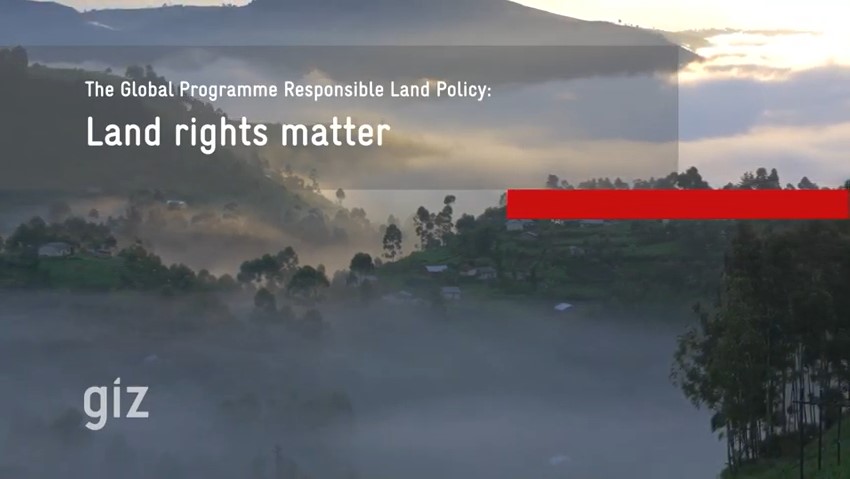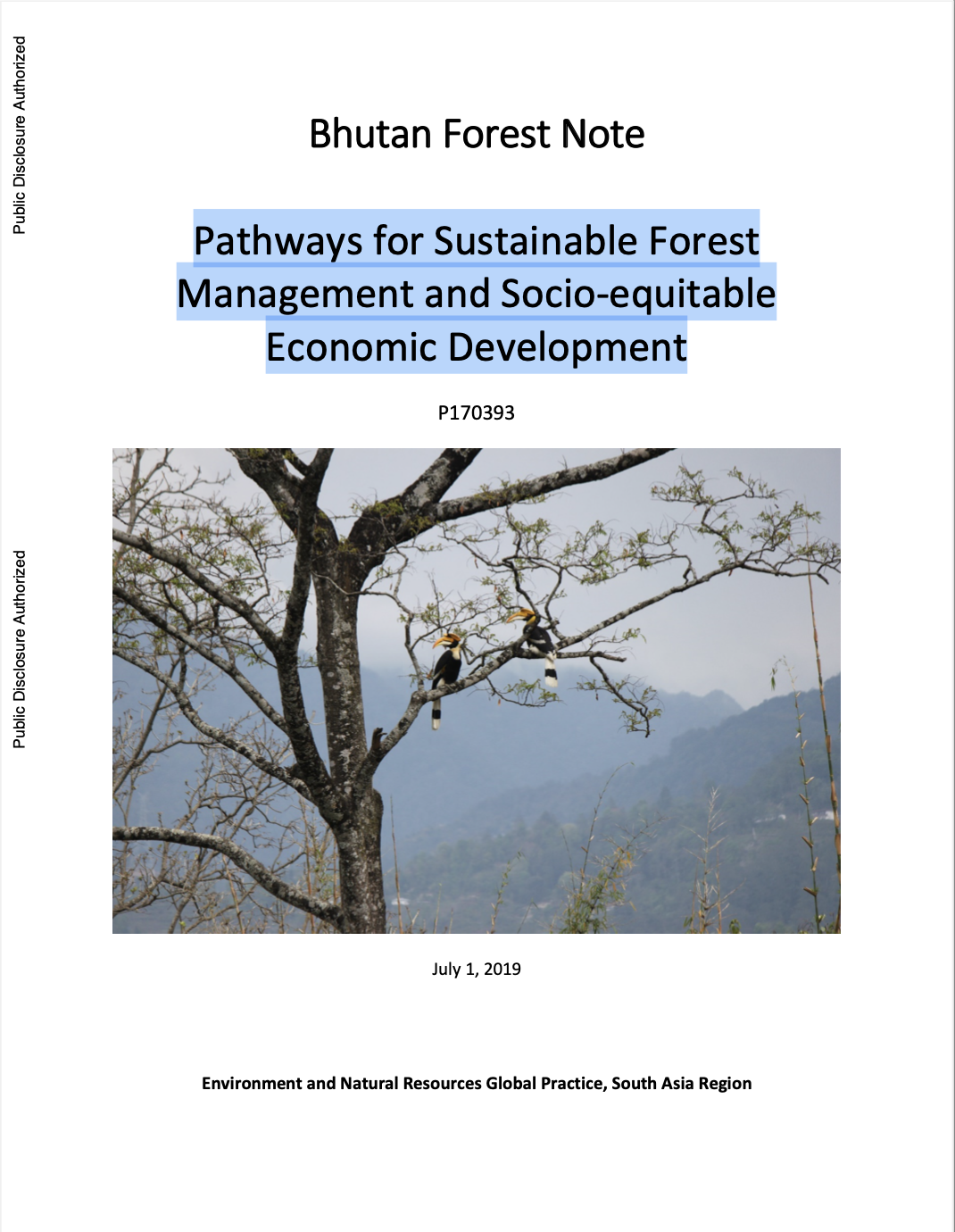Woodland Expansion in Upland National Parks: An Analysis of Stakeholder Views and Understanding in the Dartmoor National Park, UK
Woodland expansion on a significant scale is widely seen to be critical if governments are to achieve their net zero greenhouse gas ambitions. The United Kingdom government is committed to expanding tree cover from 13% to at least 17% in order to achieve net zero by 2050. With much lowland area under agricultural production, woodland expansion may be directed to upland areas, many of which are national parks under some degree of conservation jurisdiction.






